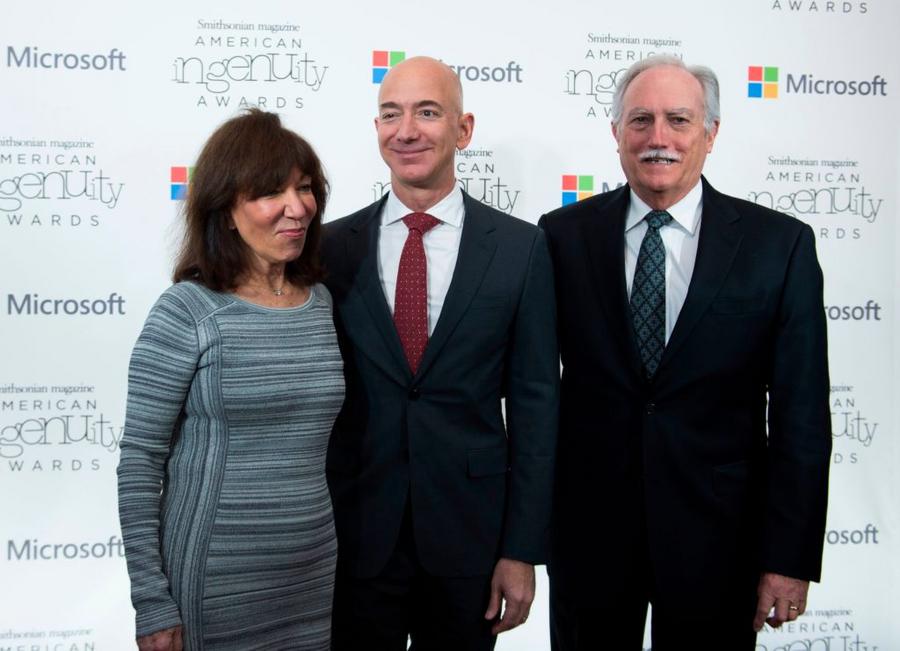Mike and Jackie Bezos, parents of Amazon founder Jeff Bezos, and who have their own non-profit Bezos Family Foundation established by their son's prodigious wealth, have announced a very ambitious philanthropic pledge to go to Seattle's Fred Hutchinson Cancer Center, reports Bloomberg. Over the next decade, the foundation plans to donate an eye-widening $710.5 million to the treatment center, known locally as "Fred Hutch."
The money will go towards cancer research at the institution, which the Bezos Family Foundation has long supported. In 2016, the Bezos Family Immunotherapy Clinic opened its doors, and the more recent pledge will build on the clinic's research into immunotherapy.
Mike Bezos is quoted in a press statement on the pledge:
"Science, particularly cancer and virus research, is at such a pivotal point right now. We hope our investment in the Hutch leads to answers for the most pressing medical questions. We also hope this inspires others to join us now in pursuing scientific and medical breakthroughs."

MOLLY RILEY/AFP via Getty Images
More specifically, the money will fund the recruitment of new cancer researchers to the institution, as well as the construction of another new facility. And it blows out of the water what had previously been the single largest contribution to the Fred Hutchinson Cancer Center: a $78 million gift from Stuart and Molly Sloan, made just last month.
Ideally, a spirit of competition could inspire other billionaires and philanthropists to try to top the Bezos Family Foundation pledge. As Jackie Bezos says in the statement, the pledge can serve as "a call to action to support the science and be a part of the next breakthroughs."
Cancer research is a popular cause for philanthropy. This year alone, we've seen $100 million go to the Memorial Sloan Kettering Cancer Center in New York from KKR & Co. co-founder Henry Kravis and economist Marie-Josee Kravis, while Jon Gray of Blackstone and his wife Mindy donated $55 million to the University of Pennsylvania earmarked for an institute focused on detection and prevention of breast, ovarian, pancreatic, and prostate cancers.
/2020/02/fk.jpg)
/2014/06/Fred1-e1589655903477.jpg)
/2023/07/GettyImages-1236174023.jpg)
/2020/11/GettyImages-1227894723.jpg)
/2012/03/Fred-DeLuca-1.jpg)
/2015/06/fred.jpg)
/2021/10/John-Boyega.jpg)
/2010/11/josh.jpg)
/2022/05/Nayib-Bukele.jpg)
:strip_exif()/2020/06/taylor.png)
/2010/11/russell-armstrong.png)
/2013/07/courtney-henggeler.jpg)
/2021/12/Lauren-Sanchez.jpg)
/2020/10/cate.jpg)
/2018/04/GettyImages-942450576.jpg)
/2021/08/bert-kreisher.jpg)
/2021/09/tom-segura.jpg)
/2023/09/john-mars.png)
/2010/01/Orlando-Bloom.jpg)
/2020/10/neil-young.jpg)
/2010/06/dario.jpg)
/2014/01/GettyImages-539540466.jpg)
/2012/08/broner.jpg)